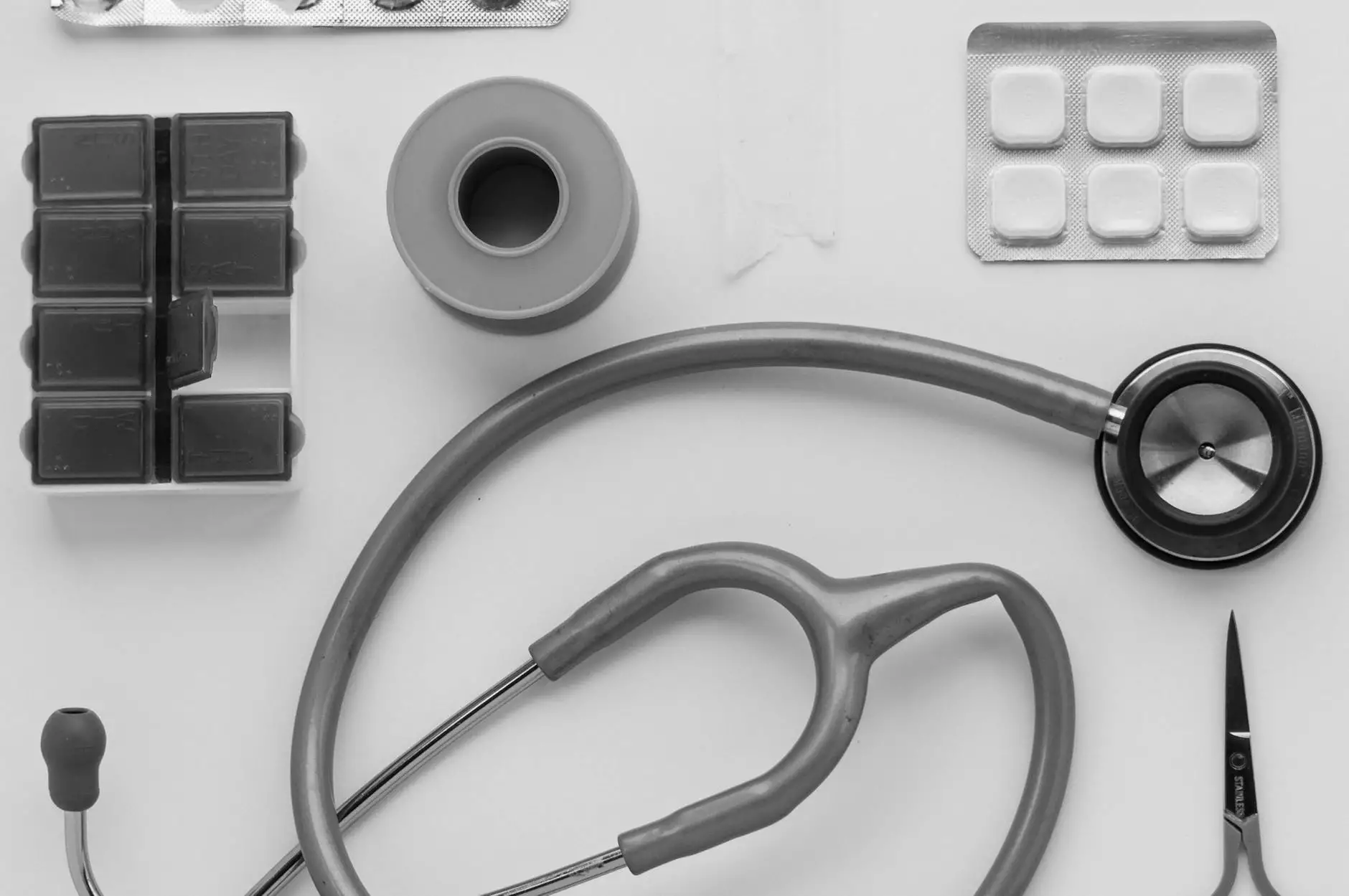Understanding Low Testosterone in Men

In recent years, the issue of low testosterone in men has garnered significant attention, both in the medical community and among the general public. Testosterone is a critical hormone that plays essential roles in various bodily functions, impacting everything from mood to muscle mass. This article aims to provide a thorough understanding of low testosterone, its causes, effects, and available solutions, ensuring that men have the information they need to maintain their health.
What is Testosterone?
Testosterone is an anabolic steroid hormone produced primarily in the testicles in men, and in smaller amounts in the ovaries in women and the adrenal glands of both sexes. It is responsible for the development of male sexual characteristics, including muscle and bone strength, facial hair growth, and fat distribution. Additionally, it plays a vital role in the production of sperm, red blood cells, and maintaining libido.
Understanding Low Testosterone
Low testosterone, also known as hypogonadism, occurs when the body does not produce enough testosterone. This condition can affect men at any age, but it becomes more common as men age. The decline in testosterone levels begins around the age of 30, and many men may experience a gradual reduction in hormone levels over the years.
Causes of Low Testosterone in Men
There are several factors that can lead to low testosterone in men, including:
- Aging: The most common cause, as testosterone levels naturally decline with age.
- Medical Conditions: Conditions such as diabetes, obesity, and hypertension can affect hormone levels.
- Hormonal Disorders: Issues with the hypothalamus or pituitary gland can disrupt testosterone production.
- Injuries: Trauma to the testicles can impact testosterone production.
- Medications: Certain medications, including opioids and steroids, can lower testosterone levels.
- Substance Abuse: Alcohol and drugs can affect hormone levels adversely.
- Genetic Factors: Some hereditary conditions can interfere with hormone production.
Symptoms of Low Testosterone
Identifying low testosterone is crucial for effective treatment. Symptoms can vary widely but often include:
- Fatigue: A decrease in energy levels and increased fatigue.
- Reduced Libido: Decreased interest in sexual activity.
- Difficulty Concentrating: Problems with focus and memory, often referred to as "brain fog."
- Muscle Weakness: Loss of muscle mass and strength.
- Increased Body Fat: An uptick in fat accumulation, especially around the abdomen.
- Depression: Mood swings, irritability, and feelings of sadness.
Diagnosing Low Testosterone
Diagnosing low testosterone typically involves a combination of:
- Physical Examination: A healthcare provider will review symptoms and perform a physical exam.
- Blood Tests: Testosterone levels are measured through blood samples. Testing is often recommended in the morning when testosterone levels are highest.
Treatment Options for Low Testosterone in Men
Men diagnosed with low testosterone have various treatment options available, depending on the cause and severity of their condition. Common treatments include:
- Testosterone Replacement Therapy (TRT): The most common treatment for low testosterone. TRT can be administered through injections, patches, gels, or pellets that are placed under the skin.
- Medications: Certain medications can help stimulate the body’s own production of testosterone, especially in cases of secondary hypogonadism.
- Lifestyle Changes: Improving diet, increasing physical activity, managing stress, and maintaining a healthy weight can help boost testosterone levels.
- Managing Underlying Conditions: Addressing health issues such as diabetes or obesity can improve testosterone levels.
Benefits of Appropriate Treatment
Addressing low testosterone in men through appropriate treatment can lead to numerous benefits, including:
- Improved Energy Levels: Many men experience a significant boost in their energy and vitality.
- Better Mood and Quality of Life: Treating low testosterone can positively impact mood and mental clarity.
- Increased Muscle Mass and Strength: Testosterone plays a vital role in muscle and bone health.
- Enhanced Libido: Many men report an increase in sexual desire after treatment.
- Improved Cardiovascular Health: Some studies indicate that managing testosterone levels can contribute to better heart health.
Considerations and Risks of Testosterone Replacement Therapy
While TRT can provide significant benefits, it may not be suitable for everyone. Potential risks and side effects include:
- Heart Risks: There may be an increased risk of heart disease in certain individuals.
- Sleep Apnea: TRT can exacerbate this condition.
- Skin Reactions: Some patients may experience irritation at the injection or application site.
- Changes in Mood: Some individuals may experience alterations in mood or aggression levels.
Natural Ways to Boost Testosterone Levels
Beyond medical treatments, there are natural methods to help balance testosterone levels, which include:
- Exercising Regularly: Engaging in both resistance training and aerobic exercises can naturally boost testosterone levels.
- Weight Management: Maintaining a healthy weight can influence hormone levels positively.
- Adequate Sleep: Quality sleep is crucial for hormone production; aim for 7-9 hours per night.
- Healthy Diet: Consume a balanced diet rich in proteins, healthy fats, and carbohydrates.
- Reducing Stress: Chronic stress elevates cortisol levels, which can suppress testosterone production. Mindfulness and relaxation techniques can be beneficial.
Conclusion
Understanding and addressing low testosterone in men is essential for overall health and well-being. By recognizing the symptoms, seeking appropriate treatment, and adopting lifestyle changes, men can reclaim their vitality and enhance their quality of life. It is vital to consult healthcare professionals to ensure personalized and effective management of this condition.
Visit Australian Pharmacy for More Resources
For more information and resources regarding low testosterone in men and other health-related topics, feel free to visit us at Australian Pharmacy. Our dedicated team is here to assist you in understanding your health better and finding the most appropriate solutions.









